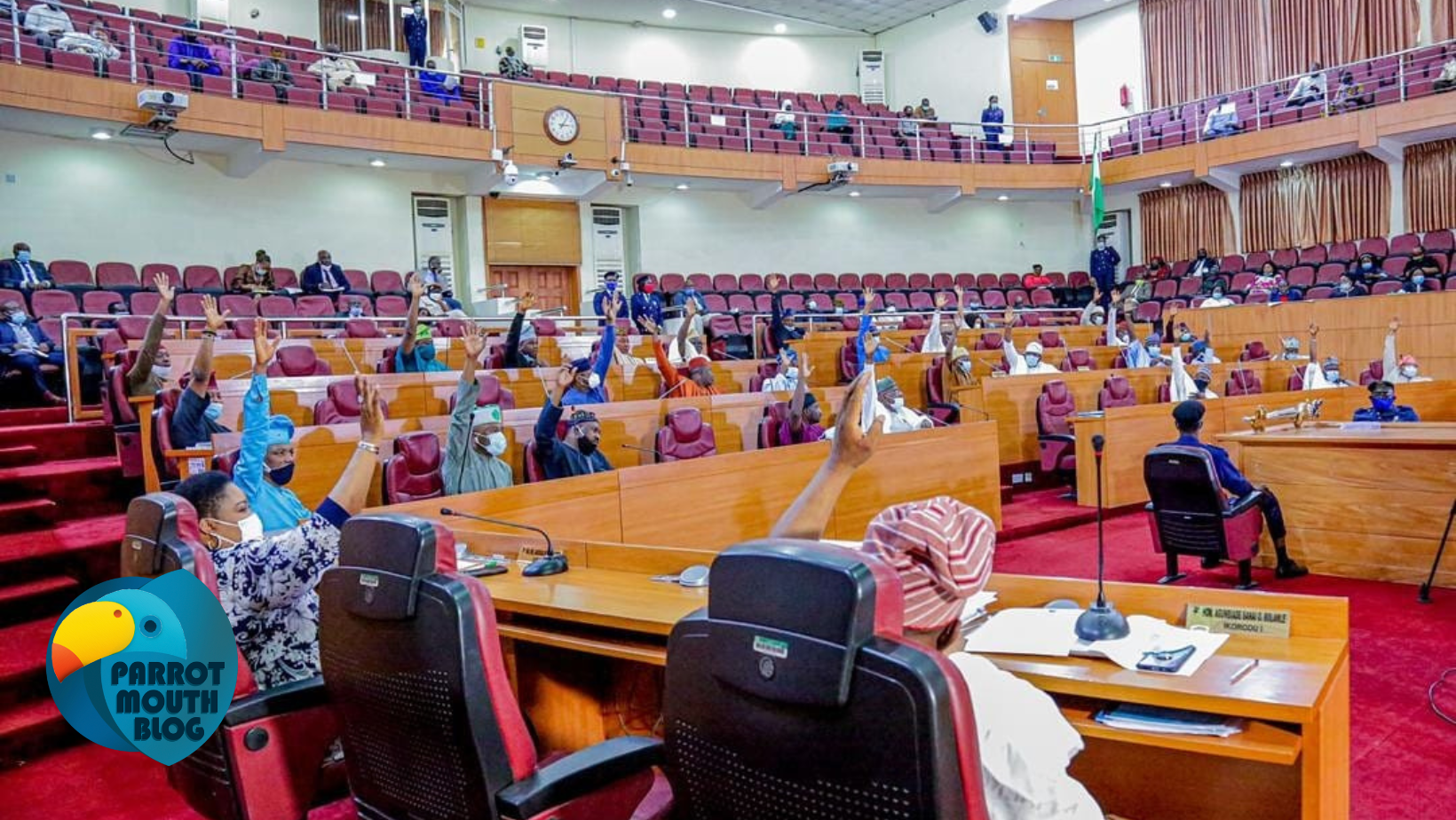The House of Representatives Constitution Review Committee has proposed the creation of 31 additional states in Nigeria, a move that has sparked widespread reactions from political figures, socio-cultural groups, and analysts. Deputy Speaker Benjamin Kalu announced the proposal during Thursday’s plenary session in the absence of Speaker Tajudeen Abbas.
According to the committee, chaired by Kalu, the new states would be spread across all geopolitical zones, aiming to improve governance and representation. The proposal has faced significant opposition from key socio-cultural groups. Afenifere and the Arewa Consultative Forum (ACF) criticized the idea as impractical and financially burdensome, arguing that Nigeria should prioritize true federalism and power devolution rather than increasing the number of states.
The Middle Belt Forum and some regional leaders, however, welcomed the move, stating that it could enhance equity in governance. Ohanaeze Ndigbo also supported the idea but insisted that the South-East region, which currently has the fewest states, deserves more to balance the geopolitical structure.
Former lawmakers and political analysts have also expressed skepticism. Barth Nnanna, a former House of Representatives member from Anambra, described the proposal as “unmanageable, cumbersome, and chaotic,” pointing out that most existing states are financially dependent on federal allocations.
He argued that Nigeria should return to a regional system rather than create more states. Similarly, former lawmaker Ogbonna Nwuke questioned the economic viability of the proposed states, noting that governors might not support the plan since many current states struggle financially.
He also highlighted that previous state creation exercises in Nigeria were carried out under military rule, with no civilian administration ever successfully creating new states. Other political figures and governance experts have also weighed in.
Former Minister of Special Duties and Inter-Governmental Affairs, Tanimu Turaki, dismissed the idea as “insane,” questioning how the government would fund the new states. Ex-INEC Federal Commissioner, Prof. Lai Olurode, echoed similar sentiments, arguing that simply creating more states would not solve Nigeria’s governance challenges.
“If we continue to multiply the number of states without paying serious attention to governance, it will not resolve our problems,” he stated.
However, not all reactions have been negative. Markson Fefegha, a former Commissioner for Information in Bayelsa State, praised the proposal, suggesting it could lead to more state capitals, local government areas, and better representation. He encouraged stakeholders to collaborate and push for its implementation.








